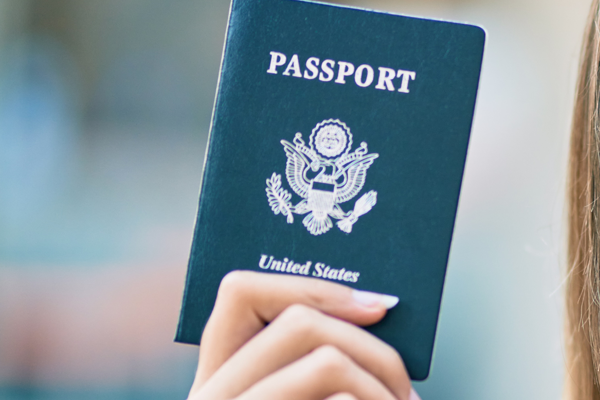If you are present in the country unlawfully and have been the victim of domestic violence or a serious crime, you are a member of the class of people that the U Visa and VAWA self-petition aim to protect. Congress has taken action to protect unlawful residents from being targeted for crime in the community. The Victims of Trafficking and Violence Protection Act of 2000 and the Violence Against Women Act were passed to encourage undocumented people to report criminal activity to law enforcement authorities.
To qualify for VAWA, the victim must prove that they have been physically battered or subjected to “extreme cruelty” by a U.S. citizen or lawful permanent resident spouse, parent or adult child. Through a self-petitioning process, the battered spouse or child may apply for immigration status without the knowledge or involvement of the abuser.


Victims of serious crimes such as domestic violence, sex crimes, felonious assault, and robbery may qualify for a U Visa. However, to be eligible the victim must prove that they reported the criminal activity to law enforcement and were helpful to the investigation of the crime. If approved, you can eventually apply for a permanent resident visa.
Call our office to schedule an appointment with an immigration attorney who will determine your eligibility for VAWA and U Visa.
Congress has taken action to protect unlawful residents from being targeted for crime in the community. The Victims of Trafficking and Violence Protection Act of 2000 and the Violence Against Women Act were passed to encourage undocumented people to report criminal activity to law enforcement authorities. In the past, it was a common belief that unlawfully present people were hesitant to report crime and come in contact with law enforcement, because it could lead to the discovery that such victim or witness is in the country unlawfully.
In 1994, Congress passed the Violence Against Women Act primarily to protect women from domestic violence. The victim must prove that they have been physically battered or subjected to “extreme cruelty” by a U.S. citizen or lawful permanent resident spouse, parent or adult child. Through a self-petitioning process, the battered spouse or child may apply for immigration status without the knowledge or involvement of the abuser. There must be significant evidence to demonstrate the domestic violence and extreme cruelty and proof of the qualifying relationship to the abuser.
An even broader law was passed in 2000, which allows victims of several types of crimes to receive “U Visa status,” and eventually be eligible to adjust their status to a lawful permanent resident. Victims of serious crimes such as domestic violence, sex crimes, felonious assault, and robbery may qualify. However, to be eligible the victim must have proof that they reported the criminal activity to law enforcement and were helpful to the investigation. Such proof may be found in a police report or court order, and a certification by a police officer, prosecutor or judge must be submitted with the U Visa petition.
If you are present in the country unlawfully and have been the victim of a serious crime in the past, you are a member of the class of people that the U Visa and VAWA self-petition were meant to protect. You should contact an experienced immigration attorney to evaluate your case and determine whether you qualify for a visa.